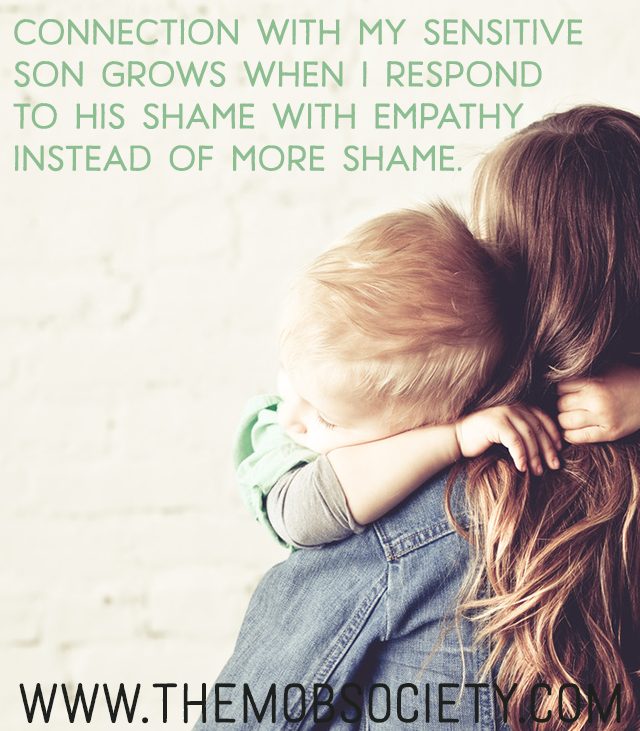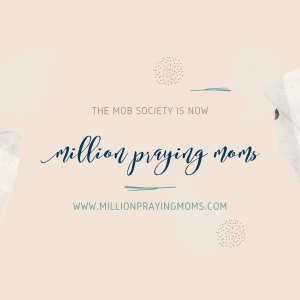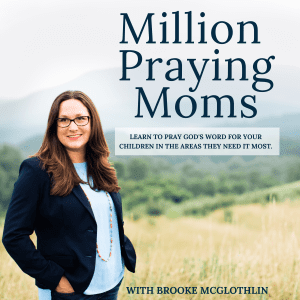Back when I had two young boys, I believed children fit into one of two categories: boys or girls. Then one week at our MOPS meeting the speaker (with a degree & experience), shared a new, interesting, fact:
There was a boy spectrum.
On one end of the spectrum were the boys who preferred running shirtless outside, wrestling and risks. At the other end were the boys who were more sensitive, enjoyed pretend play and conversation.
Dr. Ted Zeff in his book, “The Strong Sensitive Boy” defines the two groups this way:
“Sensitive boys are generally less aggressive than the “average” boy and are at the opposite end of the spectrum from the less emotional, aggresive, risk-taking non-HSBs. The HSB is conscientious, sensitive to his environment, and socially aware of others around him.” (HSB-Highly Sensitive Boy)
Presently, as the mom to four boys, I have four different versions of a boy, placed along that spectrum.
This month, as the MOB Society focuses in on the more tenderhearted boy, one topic came to mind: our response to their shame, because in a world where a boy should look and act a certain way, there will come a time when your tenderhearted son will most likely be targeted as “different”.
And if he is a more sensitive boy, that rejection will sting a little more than with other boys.
“According to William Pollock (1998), whenever boys do not conform to the ‘boy code’ and instead show their gentleness and emotions, they are usually ostracized and humiliated. Sensitive boys, especially, learn to deny their real selves in order to be accepted and approved by their peers. This denial can create fear, anxiety and low self-esteem.”–Dr. Ted Zeff
Wowzers. This makes me wonder, does my sensitive son see me as a safe place to share his shame?
Recently I began reading Brene Brown’s book, “Daring Greatly”. She has done extensive research on the topics of vulnerability and shame. One of my favorite points she makes is:
“If we can share our story with someone who responds with empathy and understanding, shame can’t survive.” -Brene Brown
For example, let’s say after school my son tells me that the boys at recess wanted to play a rougher-than-normal game of tag. When he told them he’d rather not play they pushed him to the ground.
For the less emotional, aggressive boy this event may not even bother him. For a more tenderhearted boy that action may be perceived as rejection, causing embarrassment and hurt feelings.
When he shares his shame with me I could respond in one of two ways:
- Shame (“Why didn’t you want to play tag? It’s a fun game. If you don’t toughen up, you won’t have any friends”) OR
- Empathy (“I remember wanting to play something different from my friends at recess. I decided to come up with my own game instead”).
In this particular case, by God’s grace, I chose the second option. Thankfully, he sat up a little straighter, focusing on a new goal: to create another game to play.
Brene Brown wrote that shame decreases creativity, while empathy encourages it. I’ve found that statement to be true with my son.
When I asked my son if I could share his story with y’all he said,
“Yes! Tell them it’s good to start a fun game for boys who don’t want to get hurt.” (cue melting heart).
May we as moms consider the variety of boys, particularly when those boys vulnerably share hurts:
- Providing quiet one-on-one moments with our sons.
- Listening more than instructing.
- Lingering with a back rub at bedtime instead of rushing out of the room to our to-do list.
- Sharing our own personal stories of hurt to allow an environment of vulnerability.
What ways could you provide a safe place for your son to share his shame?
Additional Resources:
- For more information about boys & various stages in boy development, definitely check out David Thomas’ book, “Wild Things: The Art of Nurturing Boys”
- To learn about vulnerability and the impact of shame, check out Brene Brown’s, “Daring Greatly”.
- To explore the topic of Highly Sensitive Boys, consider reading Dr. Ted Zeff’s book, “The Strong Sensitive Boy”.
Heather has been married since the turn of the century (sounds more impressive than it is) and is the mother of four young boys (born exactly, to the day, within 6 1/2 years . . . just like she’d always planned). Heather writes about motherhood and chronicles the messy journey of “relentlessly replacing ‘me’ with ‘He’ — sharing the daily struggle of remaining God-centered while mothering four wild-at-heart, energetic, and often stubborn boys. She also hosts a weekly podcast interviewing moms & experts on staying God-centered.









I absolutely love this Heather, and it resonates with so much that God has been teaching me in my parenting lately. 🙂 Thank you!(PS My new favorite thing is listening to your podcasts while I exercise! I’m a little late to the podcast game, but yours are so good–thank you!) XO Aloha!
Thank you, Monica! Glad it resonated with you and was on track. Truly appreciate the feedback coming from a mom of older boys! And so glad you are enjoying the podcast. I would love to have you on as a guest sometime!!
Thank you so much for writing this. My oldest is a HSB,and at times he has come across members in our family and friends who have made negative comments about his sensitivity. This article has encouraged me to continue to he a safe place for him and to help him find ways to handle situations.
So glad you found encouragement from my own learning process. Thanks for sharing your story. Keep mothering and loving well. You are doing a great work.
I absolutely love this. My sweet son has autism, and the areas he struggles with most are social and emotional. This is something I struggle with as I pray about how to handle his sensitivities-thank you so much for sharing this!
so thankful it was helpful to you. just stopped to say a prayer for you. . .for extra amounts of grace and patience. blessings today.
This is so good! My boy I guess, could be found in the middle. He’s not aggressive and not particularly highly sensitive. But he is sensitive and very in tune to those around him and what’s expected of him. It’s funny because I was watching him at baseball tryouts a few weeks back and he knew no one but one little boy. This boy is very talkative and tried to introduce my son to some other kids. But once the intros were done he slowly backpedaled out of the group and stood alone. Not something I would have done. But for him he’s ok being alone amongst others in a group setting. I was proud of him for being confident enough to be able to do this. At that moment in time the tryouts were important to him and he wanted to concentrate on that not socializing. It kinda drove my husband crazy who is always worrying about him not having a bunch of friends. I think it’s true that the things we are insecure about we somehow project onto our kids and end up making them insecure in the same areas we are. This is a great reminder to love and accept them the way they are not shame them into being different.
I am so grateful for this series of articles on sensitive boys – I have a sensitive 6 year old, and a husband who was a sensitive boy (is still a sensitive man!), and who still bears the scars of the shame and bullying he faced as a child and as a teen.We are both determined to do better with our son – to teach him to cope with the world, to give him a safe place to be himself, for us to be sensitive to his sensitivity, and most of all to teach him to VALUE who he is and who God created him to be!!